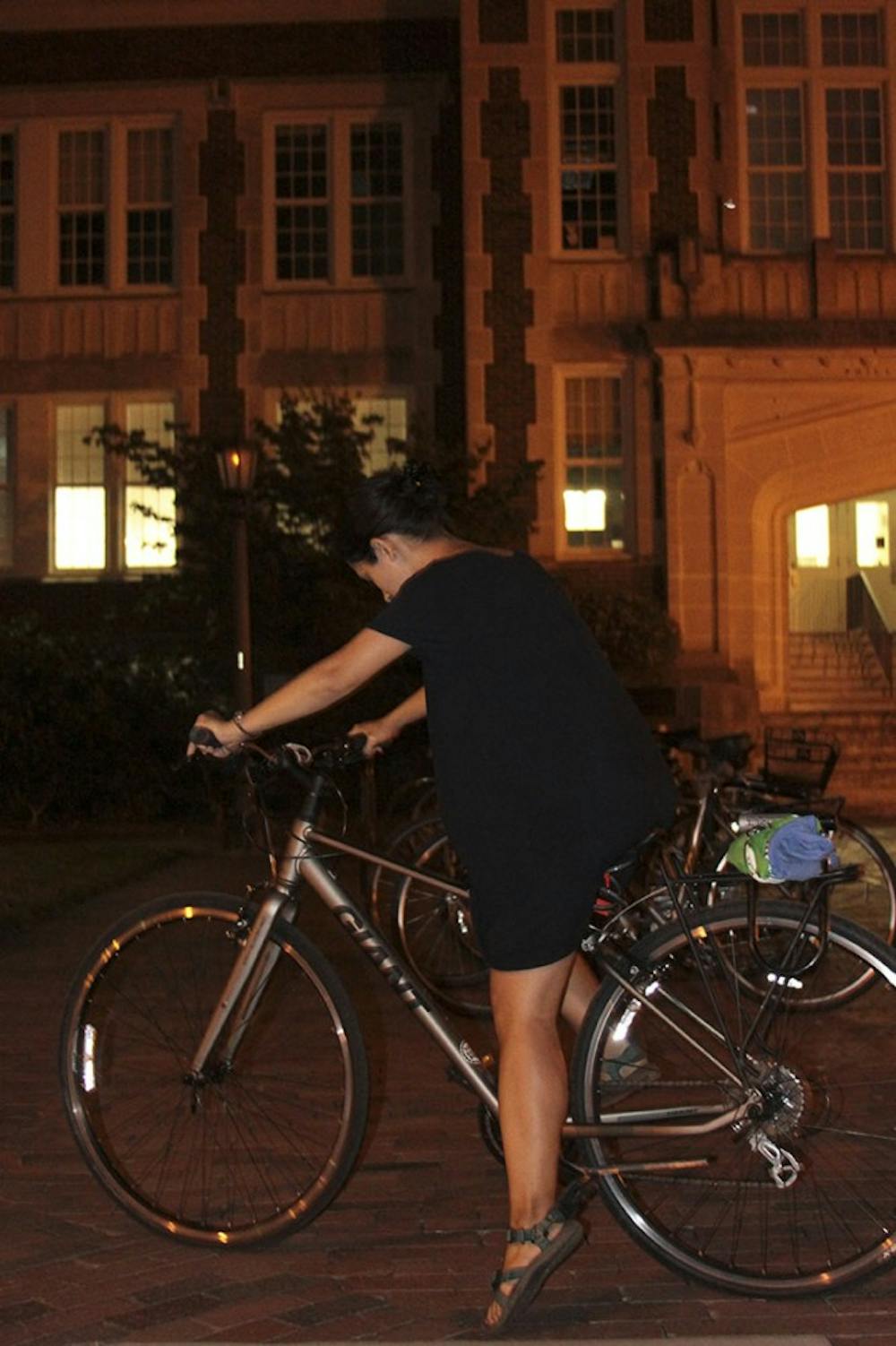Thanks to a newly implemented North Carolina law, cyclists and motorists may finally have the space to settle their differences.
The first of a series of new statewide traffic statutes from House Bill 959 — a state law passed in July to enhance bicycle safety — took effect Oct. 1.
A statute in the bill allows motorists to pass a bicycle on a solid center line if they give four feet of horizontal space between the two vehicles or completely enter the left lane of the road.
According to the law, the minimum fee for making an illegal pass, such as being within four feet of the cyclist, is $200 — and incidents that result in property damage or personal injury can cost up to $500.
HB 959 has been a work in progress ever since Gov. Pat McCrory signed House Bill 232 into law in June 2015. The earlier law set up a working group of government representatives, interest groups and experts to examine the state's bicycle laws.
After the group found several policies to be outdated, they made suggestions to state lawmakers. The General Assembly drafted new legislation and passed HB 959 on July 11.
“This is really something that’s not just going to address the competitive rider on a bicycle, but the utility user — someone who is going to use a bicycle to get to and from work — and the recreation rider," said Ed Johnson, acting director for the North Carolina Department of Transportation's Division of Bicycle and Pedestrian Transportation. "It’s a three-fold approach."
Joshua Mecimore, the Chapel Hill Police Department spokesperson, said the highway passing provision will likely impact other areas of the state more than it will Chapel Hill.
“We probably have fairly few areas in Chapel Hill where those types of passing happen,” Mecimore said. “Rural areas are probably more likely the target of that type of statute.”



